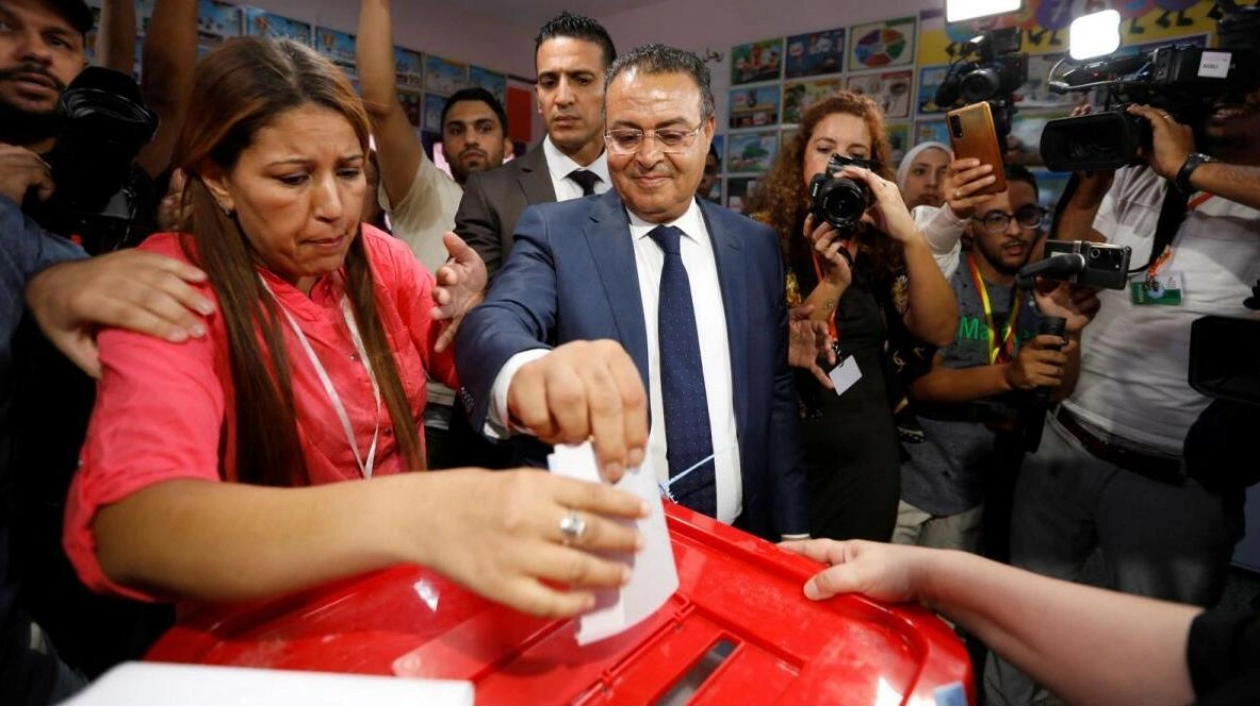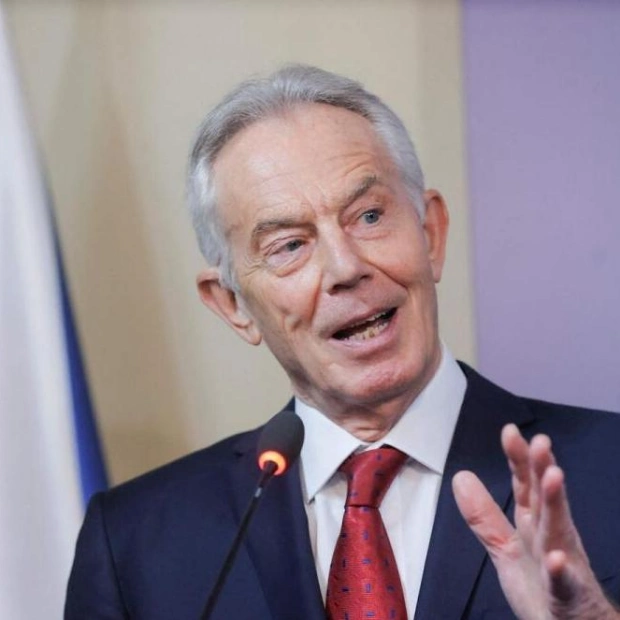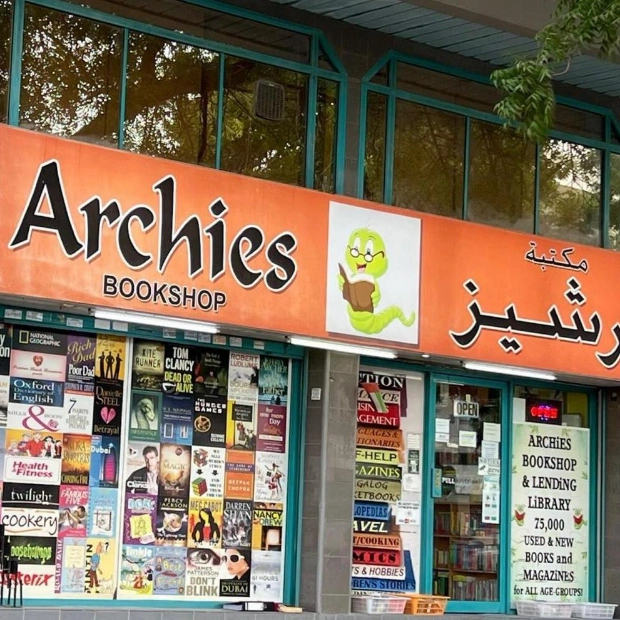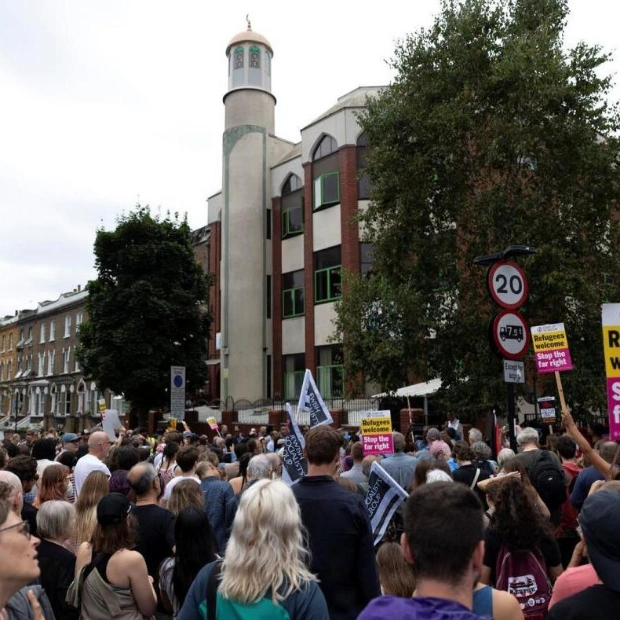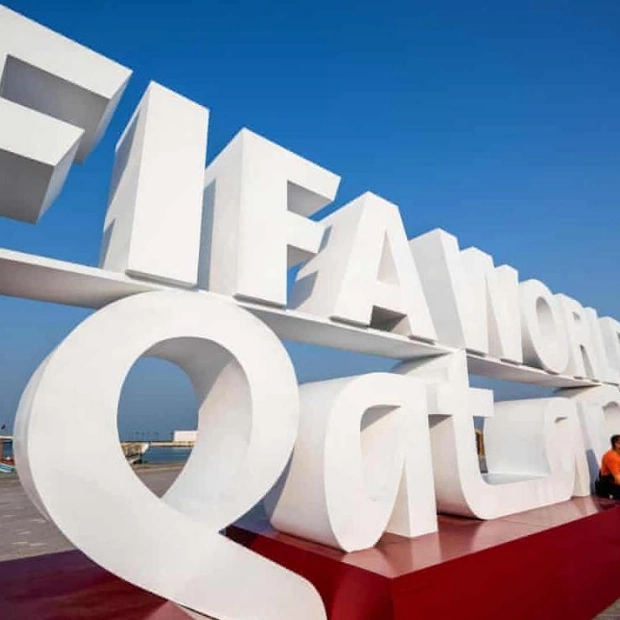Tunisians went to the polls on Sunday to elect their president, with incumbent Kais Saied seeking a second term. His main challenger, who was seen as a significant threat, was unexpectedly jailed last month, and many of his opponents are either imprisoned or barred from running. The election saw Saied facing off against two contenders: Zouhair Maghzaoui, a former ally turned critic and leader of the Chaab Party, and Ayachi Zammel, who was imprisoned last month.
Tunisia was once celebrated as the sole success story of the 2011 'Arab Spring' uprisings, having transitioned to a competitive, albeit flawed, democracy after decades of autocratic rule. However, rights groups argue that Saied, who has been in power since 2019, has reversed many democratic advancements by dismantling institutional and legal safeguards against his power. At 66, Saied dismisses criticism, asserting that he is battling a corrupt elite and traitors, and insists he will not become a dictator.
Key figures from major opposition parties, which largely oppose Saied, have been imprisoned over the past year on various charges, and these parties have not endorsed any of the three candidates on the ballot. Other opponents have been disqualified from running. 'The situation is disgraceful. Journalists and opponents, including a presidential candidate, are in prison. But I will vote for change,' said Wael, a bank employee in Tunis, who only provided his first name.
The Election Commission reported a 14% turnout by 1pm. Nearly 10 million Tunisians are eligible to vote. Polls closed at 6pm, with results expected within the next two days. Political tensions escalated after an electoral commission appointed by Saied disqualified three prominent candidates last month, sparking protests from opposition and civil society groups. Lawmakers loyal to Saied subsequently passed a law stripping the administrative court of its authority over election disputes, a move seen as further consolidating Saied's power after he dissolved the Supreme Judicial Council and dismissed dozens of judges in 2022.
Elections in the years following the 2011 revolution were highly contested and saw high participation rates. However, public disillusionment has grown due to the country's poor economic performance and corruption among the elite. Saied, elected in 2019, assumed most powers in 2021 by dissolving the elected parliament and rewriting the constitution, a move the opposition called a coup. A referendum on the new constitution passed with a 30% turnout, while a January 2023 runoff for the new, nearly powerless parliament saw a turnout of just 11%.
Despite this, Saied retains significant support. 'Saied is the first president who has fought corrupt politicians and influential businessmen, so we will elect him and renew our support,' said Salem Lahmar, a fruit seller. While tourism revenues are increasing and financial aid from European countries concerned about migration is helping, state finances remain under strain. Shortages of subsidized goods, as well as power and water outages, are common.
